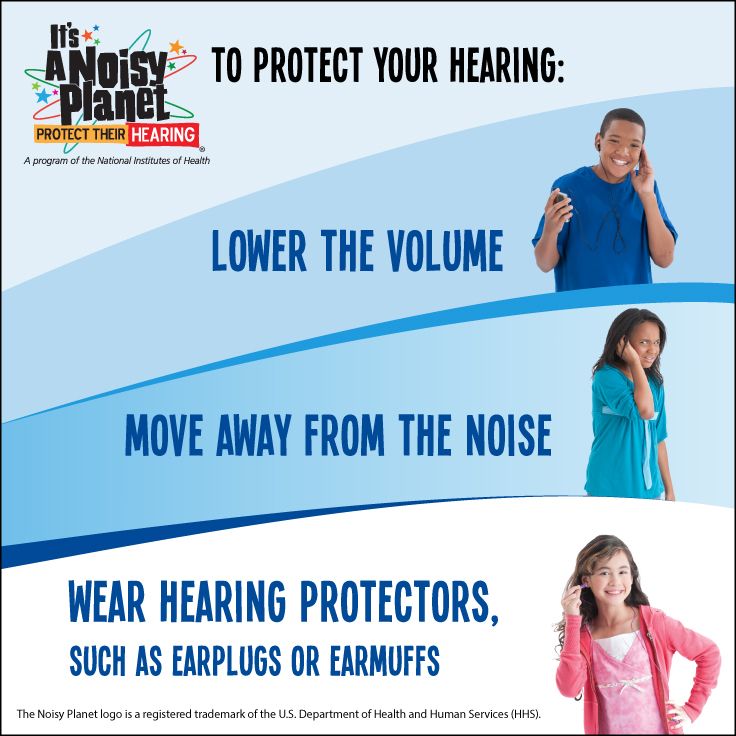

Effective Prevention Strategies to protect your hearing daily is paramount for maintaining your hearing health throughout your life. Imagine a world of crystal-clear sounds, from the chirping of birds to the laughter of loved ones – a world diminished by hearing loss is one without those beautiful sounds. Protecting your hearing is about more than just hearing; it’s about experiencing life to the fullest. This article outlines practical strategies for effectively preventing noise-induced hearing loss, ensuring you can enjoy the world’s sounds for many years to come. We’ll cover various aspects of hearing protection, starting with understanding the risks and moving through practical steps, and concluding with essential hearing health checks. Ultimately, the goal is to provide you with concrete ways to shield your hearing daily.
Understanding the Dangers of Noise-Induced Hearing Loss
The Silent Threat of Noise Exposure
Noise-induced hearing loss (NIHL) is a significant concern in today’s world, impacting people of all ages and backgrounds. Exposure to loud noises over extended periods can damage the delicate hair cells within the inner ear, eventually leading to permanent hearing loss. While many associate this issue with occupational settings or concerts, everyday activities can contribute to gradual NIHL. The subtle and insidious nature of noise exposure can make prevention even more crucial. Everyday occurrences like lawnmowers, power tools, and even loud conversations in crowded environments can gradually lead to irreversible damage.
Recognizing Hazardous Noise Levels
Sound Pressure Levels and Hearing Protection
Identifying environments and activities with potentially damaging sound levels is the first step towards prevention. Exposure to sounds exceeding 85 decibels (dB) over an extended period can cause damage. Exposure to sounds exceeding 120 decibels, however, can lead to immediate damage and should be avoided at all costs. Using sound level meters, decibel apps on smartphones or simply understanding the perceived volume can provide a valuable tool in identifying potential dangers. Common sources include construction sites, factories, concerts, and even personal use of headphones and listening devices.
Implementing Proactive Hearing Protection Strategies
Ear Protection and Hygiene
One of the most effective ways to protect your hearing is by using appropriate ear protection. Earbuds and earplugs offer valuable protection for specific activities, while earmuffs work for wider ranges of sound protection. By understanding the different types of ear protection and appropriate usage, you can make an informed choice of appropriate protection. Using hearing protection during potentially hazardous activities is paramount, but it’s also important to consider general hygiene, like avoiding the use of cotton swabs in your ear canal, as that can push dirt deeper.
Adapting Your Environment and Behaviors
Promoting Awareness and Limiting Exposure
Modifying your environment can drastically reduce your exposure to damaging noise levels. Consider using quieter alternatives to certain tasks. Scheduling breaks during prolonged exposure to loud sounds, and maintaining safe distances, can also help reduce noise exposure. Creating an awareness of sound levels in different situations, like traffic, work, or leisure activities, can help create a personalized noise prevention strategy.
Related Post : Common Causes of Hearing Loss That Often Go Unnoticed
Regular Hearing Checkups and Professional Guidance
Monitoring Your Hearing Health
Routine hearing checkups with an audiologist are important steps toward proactive hearing health management. Identifying potential hearing loss early, through these checks, allows for timely intervention and guidance from a hearing professional. They can provide tailored recommendations to help you maintain healthy hearing, often including tailored ear protection for specific situations.
Lifestyle Choices and Hearing Health
Promoting overall well-being
Beyond the immediate sounds of everyday life, several lifestyle choices impact hearing health. Maintaining a healthy diet, getting enough sleep, and managing stress levels all play a role in supporting overall well-being. A healthy and rested body is more resilient against hearing damage caused by everyday noise exposure, making lifestyle choices a factor in hearing protection strategies.
In summary, implementing effective daily hearing protection strategies is crucial for preserving your auditory health. By understanding the risks, adopting proactive measures, and making informed choices, you can significantly reduce the chances of hearing loss and enjoy vibrant sound for years to come. Consider consulting a hearing professional for personalized advice and regular hearing checks. Ultimately, prioritizing your hearing health empowers you to fully experience the world around you.